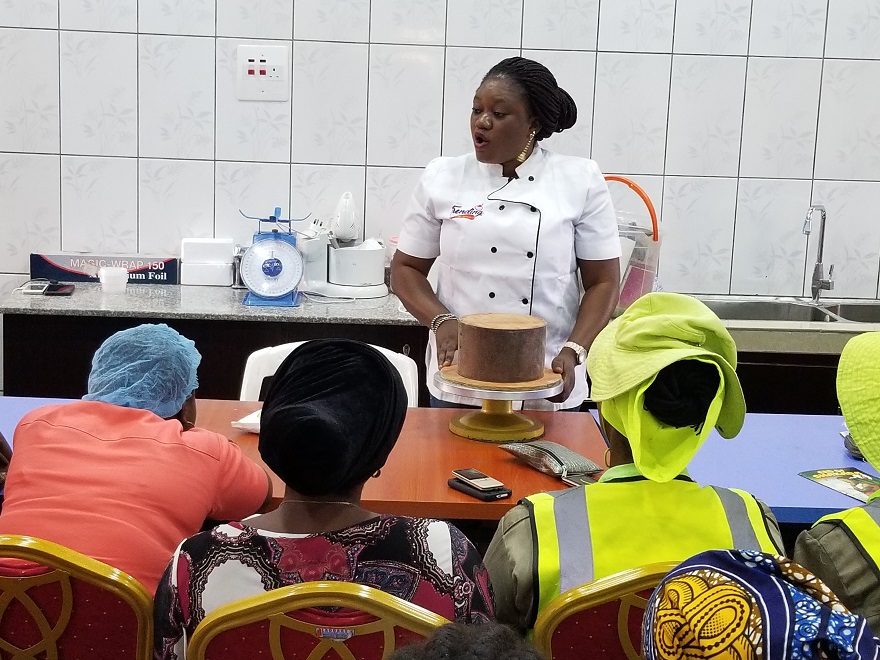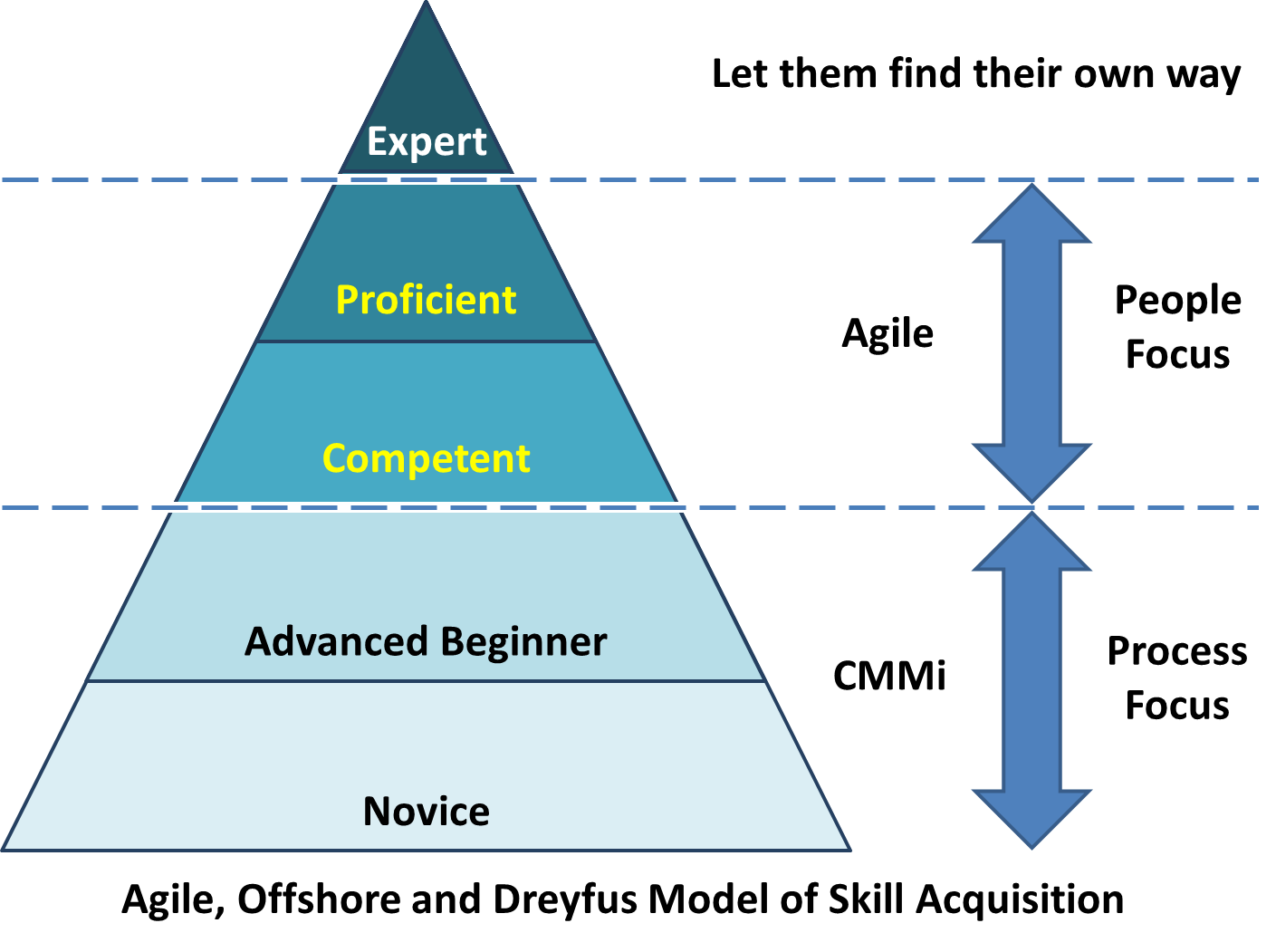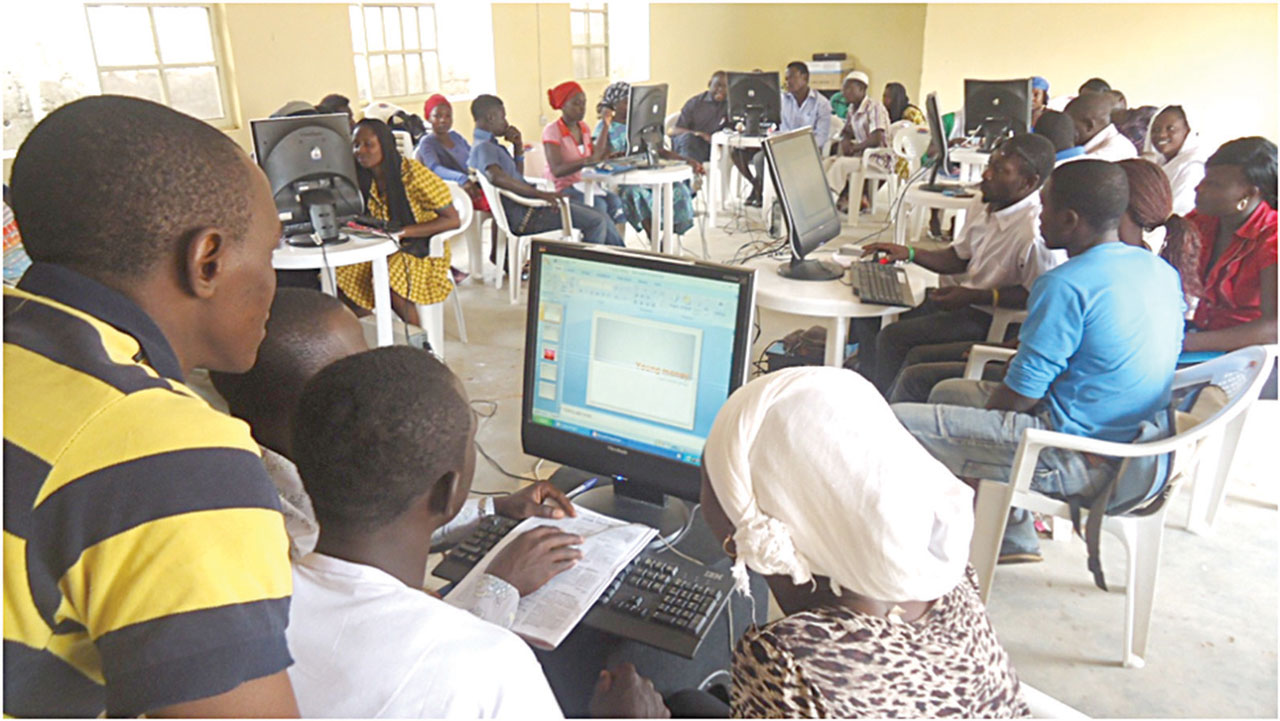Skill acquisition is the significant factor for building a successful career. Acquiring skills can happen in different ways – by personal experiments in a certain field, by creative search and constant practicing, by repeating some actions automatically without implying any thinking processes.
Skill acquisition in Nigeria is even more important taking into account the levels of unemployment. Let’s try to figure out more about different types of skill acquisition and come up with an approximate list of skill acquisition that will help you to get a job and build a career in Nigeria.
What is skill acquisition
Skill is the ability to acquire practical knowledge in new conditions and on the basis of the abilities and experiences a person had previously. Skill acquisition is the process of the process of mastering skills characterized by applying them in particular situations. It is the possibility to learn.
The entire life is based on skills acquisition, which is the constant process. We are getting involved in the skill acquisition processes from the time we learn how to walk as toddlers. With time, the set of skills just jet more complex.
A skill is an activity, which is developed by a person with time and becomes automatic in terms of performing it. A certain skill can be considered acquired when a person can perform it without thinking about the technique of performing this action or dividing a process into conventional parts.

Importance of skill acquisition
Every person will find personal reasons for skill acquisition. Nevertheless, there are obvious benefit of skill acquisition process and results. To acquire skills means to become an expert in a chosen field. To become an expert means to deliver high-quality work and become a sought-after specialist. Remember the following:
- skill acquisition is not the expense, it is the investment;
- it helps you to adjust to the realities of the employment market;
- you acquire skills that meet immediate requirements;
- you acquire the basis for adjusting for the future needs;
- the possible is flexible and teaches you to be flexible, too;
- experts acquire knowledge, and then they acquire power;
- other people trust experts, and they will trust you;
- experts earn more and have broader career prospects.
Types of skill acquisition

Types of skill acquisition in Nigeria fall under the same classification as they are distinguished globally. There are several theoretical approaches which suggest different strategies of effective skill acquisition. Here are the most popular.
Six-step skill acquisition
- Analyze, compare, and weight your current skill deficit and potential
- Set comprehensive goals for both learning and the expected outcome.
- Choose the trusted training providers with relevant studying programs.
- Intensify the process to increase the impact of adoption.
- Measure the results to define the progress, obstacles, and perspectives.
- Predict the future roles to suit the newly gained skills to the requirements of the job market.
Tim Ferriss’s Approach
Tim Ferriss is a successful entrepreneur and coach, who suggests the following model of four-week skill acquisition process:
- Join two or three teams working in the related topic.
- Read three books on the topic.
- Organize a free training for people with zero experience interested in the same issue.
- Write two or three articles on the topic to magazines or newspapers.
- Join the special interest club to be surrounded by the experts.
The rule of 10,000 hours
According to Malcolm Gladwell, it is necessary to study or practice a certain skill for 10,000 hours to master it. The journalist is certain that the time devoted to studying defines the level of proficiency. However, remember that you may need much less time to become an expert if you work hard.
Dreyfus model of skill acquisition
Dreyfus brothers suggest to divide the process of skill acquisition into five stages, each preparing a person to the next one by improving the current skills.
- Novice: following the rules strictly, to room for exercises.
- Advanced beginner: situational perception, all aspects of the work are viewed as equal.
- Competent: able to handle the overabundance of information and plan the actions.
- Proficient: holistic approach to the situation, setting priorities, recognition the divergence from a standard.
- Expert: intuitive understanding of the situation, using numerous approaches during problem solving process.
Checklist for skill acquisition in Nigeria

1. Technical skills:
- plumbing;
- aluminium/metal works;
- construction and repairs;
- electrical installation and supply;
- telecommunication network support.
2. Agricultural skills:
- crop/rice production;
- poultry/goat/cattle farming;
- snail/fish farming;
- watermelon farming etc.
3. Computer skills:
- programming;
- computer & software operation;
- repairs & maintenance;
4. Domestic skills:
- design & fashion;
- tailoring;
- jewelry production;
- baking/cooking & catering;
- hairdressing/makeup etc.
5. Creative skills:
- writing, translation;
- video/music production etc.
6. Business skills:
- business training;
- entrepreneurship development;
- digital marketing;
- business improvement etc.









